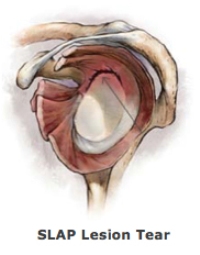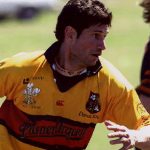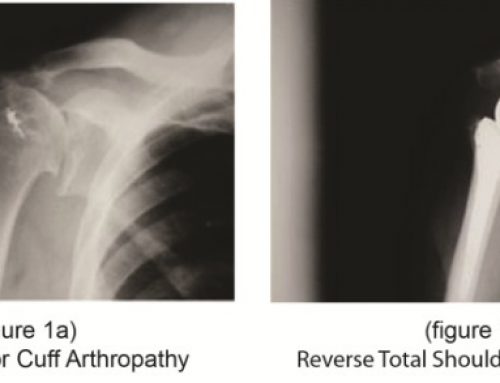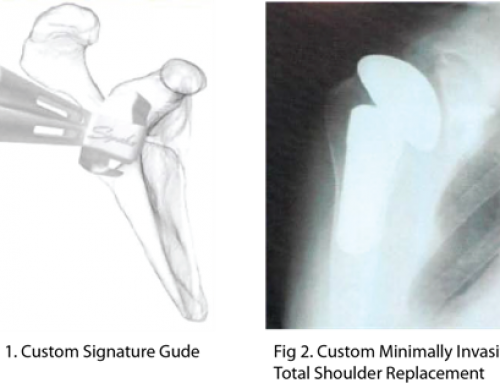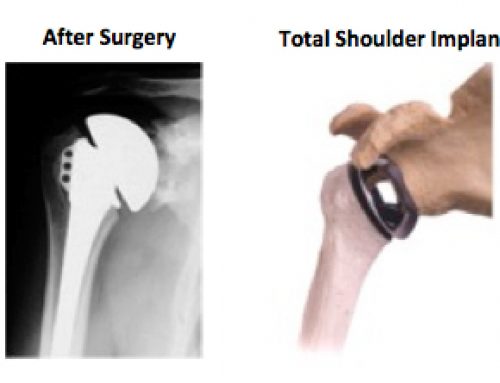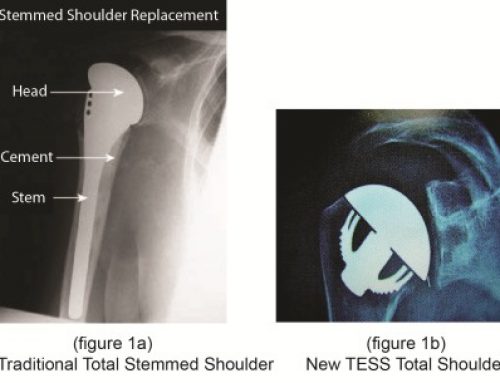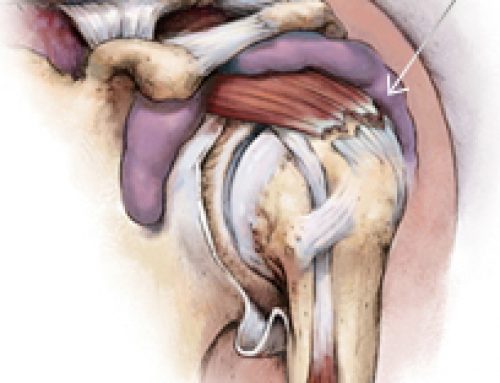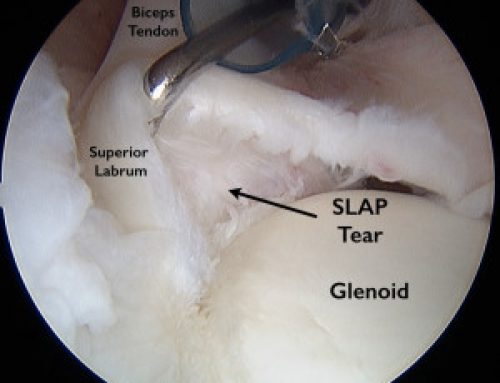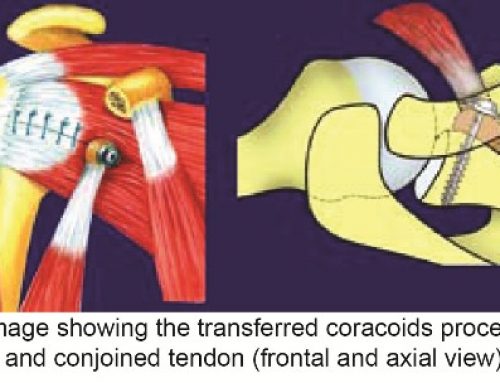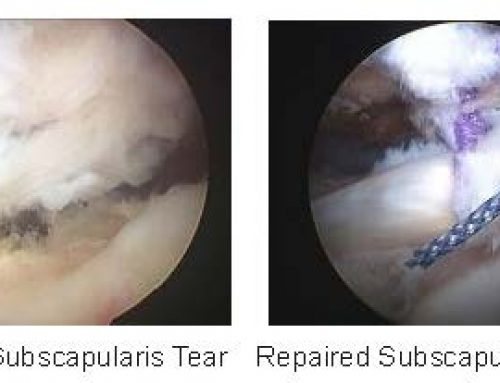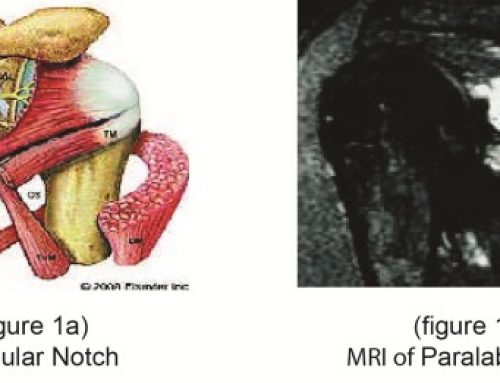SLAP Tear | Labral Tear
by Dr. Richard Bartholomew
SLAP: Superior Labral Tear from anterior to posterior
SLAP is an acronym that stands for “Superior Labral tear Anterior to Posterior”. A SLAP tear or SLAP lesion occurs when there is damage to the superior or uppermost area of the labrum.
SLAP Tear of the Biceps Tendon
What is a SLAP tear?
A SLAP tear is a tear of the biceps attachment at the top of the shoulder. The biceps attaches in the joint above the socket. The actual tendon will become either partially or fully detached off of the bone. These tears can be seen with shoulder impingement syndrome, a rotator cuff tear, shoulder instability or a dislocated shoulder and arthritis in shoulder.
How do you know if you have a SLAP tear?
A SLAP tear is difficult to diagnose. There are specific mechanisms which can put the biceps tendon at risk. Having the arm jerked forward during a car accident or having the arm pulled forcefully up or back (during a fall) can put enough tension on the tendon that it pulls it off the bone and causes the tear. There are some physical examination tests which can be done, but they are not very good at picking up these tears. MRI’s done with contrast (arthrograms) are helpful at picking up a SLAP tear. I use the mechanism, exam and radiological studies together to help diagnose these biceps detachment injuries.
Labral Tear Shoulder Treatment
Most labral tears are asymptomatic and folks function without any shoulder pain or loss of motion from them. If the SLAP tear is symptomatic the options are medicine, injections or surgery. Physical therapy has not been proven to help SLAP tears. That does not mean that the therapist cannot help the other issues/problems that are also bothering your shoulder at the same time. I could have put the SLAP tear section with any of the shoulder issues below since they are seen with multiple other problems.
SLAP Tear Surgery
If the tear stays symptomatic and the other treatment options have failed, then one may need slap tear surgery. In most patients, a good option is to repair the torn tissue or do an Arthroscopic SLAP Repair. If the tendon attachment is very damaged or if the patient is above 60 years old, then doing a biceps tenodesis is recommended. Having said that, everyone is different and every tear behaves in its own peculiar fashion. What may work surgically for one patient may not be the best operation for the next one. These options can be addressed with you in greater detail during the preoperative visit.
Schedule a labral tear diagnosis with our shoulder expert, Dr. Bartholomew. Call Bone and Joint Specialists at (248) 673-0500.

